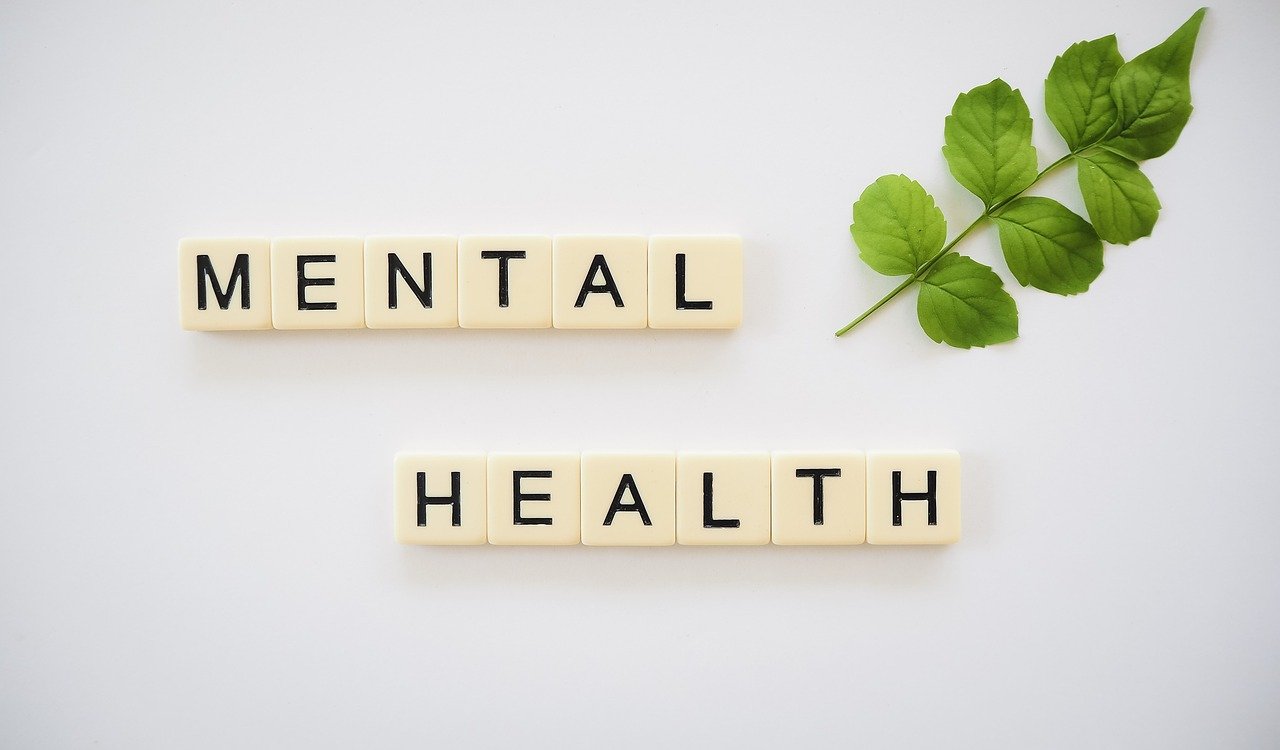Unlock the Power: The Vital Role of Mental Health in Exercise
Exercise is more than just a physical activity; it’s a journey that involves both the body and the mind. The intricate interplay between our mental and physical well-being forms the foundation of the mind-body connection. In this comprehensive guide, we’ll delve deep into the fascinating realm of the mind-body connection, emphasizing the pivotal role of mental health in optimizing exercise outcomes.
The Vital Link: Mind-Body Connection Explained
The Mind-Body Connection is the remarkable way in which our mental state affects our physical performance. It’s the conduit through which our thoughts, emotions, and attitudes impact our bodily functions, influencing everything from our energy levels to our recovery process.
The Role of Mental Health in Exercise
In the fast-paced world we live in, mental health often takes a backseat, but its significance cannot be overstated, especially in the context of exercise. Mental Health and Exercise share an intricate relationship where each influences the other. A positive mental state can enhance physical performance, while engaging in regular physical activities can significantly boost mental well-being.
The Science Behind It All
Scientific research reveals that Mental Health and Exercise are closely intertwined. Physical activity triggers the release of endorphins, commonly known as “feel-good” hormones. These chemicals alleviate stress, anxiety, and depression, fostering a positive mental state. Simultaneously, a healthy mind enhances focus, determination, and motivation, driving better workout sessions and results.
Nurturing the Mind-Body Connection
- Mindfulness Meditation and Yoga: These practices cultivate mindfulness and self-awareness, fostering a stronger connection between the mind and body.
- Visualization Techniques: Visualizing successful workouts enhances mental preparedness, translating to improved physical performance.
- Positive Affirmations: Affirmations boost self-confidence and resilience, contributing to a more harmonious mind-body relationship.
Overcoming Challenges: Mental Health Roadblocks
Stress’s Toll on Physical Performance
Stress is a common mental health challenge that can severely impact exercise outcomes. Elevated stress levels lead to increased cortisol production, which can hinder muscle growth, impede recovery, and even lead to weight gain.
Anxiety’s Influence on Workouts
Anxiety often manifests as apprehension about performance or fear of judgment. These feelings can lead to decreased focus, disrupted coordination, and reduced endurance during workouts.
FAQ’s
Q: Can exercise replace traditional mental health treatments? A: While exercise can complement mental health treatments, it’s not a substitute. Consult a mental health professional for personalized guidance.
Q: How can I maintain a strong mind-body connection during busy schedules? A: Incorporate short mindfulness practices, like deep breathing, throughout the day to stay connected with your body.
Q: Are there specific exercises that enhance the mind-body connection? A: Activities like yoga, Tai Chi, and Pilates emphasize the connection between movement and breath, fostering a strong mind-body bond.
Q: Can the mind-body connection impact weight loss? A: Yes, a positive mind-body connection can lead to better adherence to exercise routines and healthier eating habits, aiding in weight loss goals.
Q: How can I stay motivated to exercise when dealing with mental health challenges? A: Set small, achievable goals and celebrate your progress. Consistency, not intensity, is key.
Q: Is there a recommended time for exercising to improve mental health? A: The best time varies from person to person. Listen to your body, and choose a time that aligns with your energy levels.
Conclusion
The Mind-Body Connection: Understanding the Importance of Mental Health in Exercise underscores the undeniable link between mental and physical well-being. By nurturing this connection through mindfulness, positive affirmations, and exercise, we pave the way for holistic health and enhanced fitness outcomes. Remember, embracing a positive attitude and prioritizing mental health can lead to a more fulfilling and successful fitness journey.











































